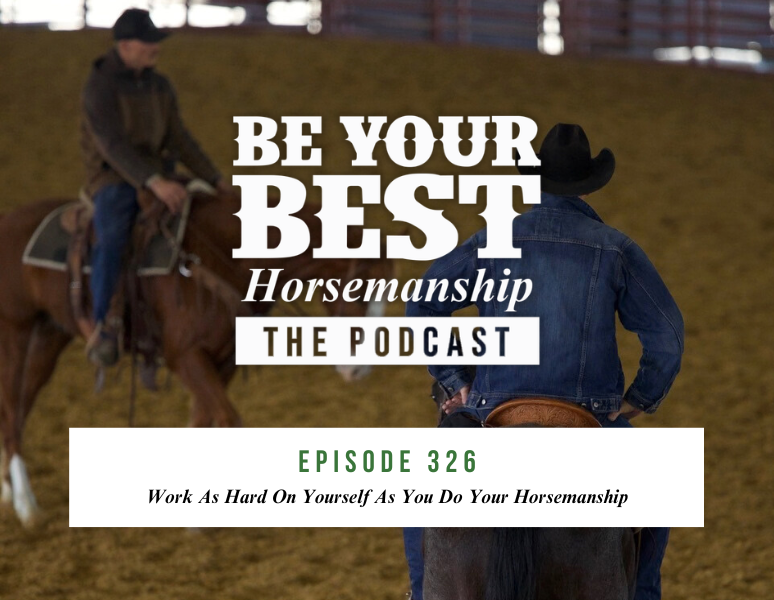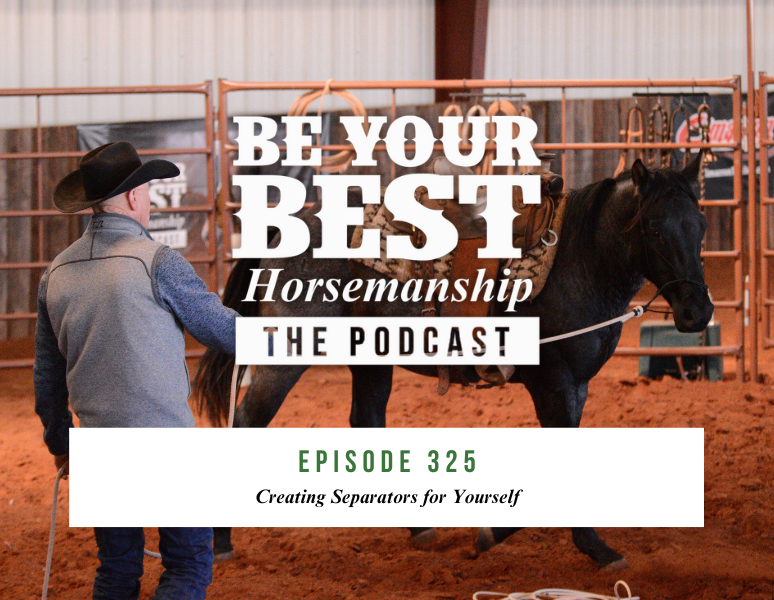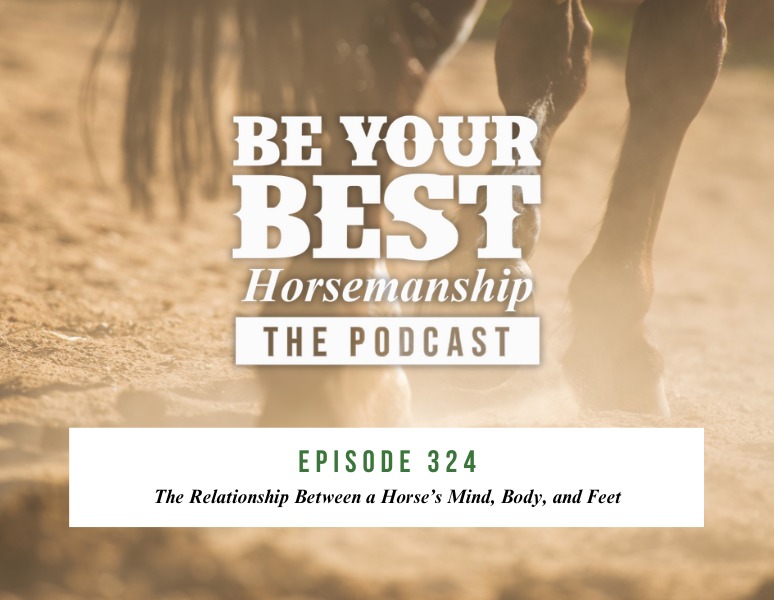Ep 163: Lessons Learned as a Horse Trainer’s Daughter with Hannah Macy
Phil: What were the pros and cons of growing up as a horse trainer’s daughter?
Hannah: As far as pros go, I think the biggest benefit is that you learn a lot just from being in the environment. Also, the people–you also get to interact with people from many different walks of life, and you get to see a lot of great horse flesh growing up. I’m thankful to know what a good horse is and know what to look for in a horse.
As for the cons, getting to see a lot of great horse flesh is one of those too. When I was younger, I got put on some young horses I probably wasn’t quite ready for, but looking back, I know it helped me grow in my horsemanship. I know my dad’s philosophy on “everyone’s a trainer,” but to this day, I still don’t really consider myself to be one. I think that’s just because of the environment I grew up in, and if you were a trainer, you were doing it as a business. When I was competing, I know I encountered a lot of self-inflicted pressure to perform well because I was “a horse trainer’s daughter,” and because of that, I thought I had to be the best.
Phil: How do you look at performance horses differently than you might’ve growing up in a different environment?
Hannah: As far as the horse market goes, I appreciate a broke horse, and I think they’re worth a lot. I know the work that goes into them, and if I see a horse that isn’t as broke, I don’t think as highly of them. I know what to look for and I have high expectations for what I want my horses to be like.
Phil: Tell everyone about your career and how you are intertwined with the western industry.
Hannah: I got a degree in communications with emphasis in public relations and event management. I went to Southwestern Oklahoma State University and Tarleton. Right out of college, I was hired as the PR Coordinator at Equibrand for 6 years, and I really got my start in the industry there. Today, me and my husband, Aaron, have our own marketing company with clients in the western industry including Jackie Crawford, Wesley Thorp and Kaleb Driggers, and I also manage social media marketing for the Texas Rattlers as part of the PBR Team Series. My husband Texas circuit rodeoed all year and made the circuit finals. I still compete, but I consider myself more of a weekend warrior. We are very much intertwined with the western industry on a personal and professional level.
Phil: What advice would you give to younger competitors about preparing for success?
Hannah: What I’ve learned about preparation is that it will look different depending on what season of life you’re in. When you’re younger, you have the opportunity to make it a priority. I didn’t do some things that normal high school kids did because I was so dedicated to it. I don’t have any regrets about that at all, but I think you have to ask yourself if you love it and if you’re passionate about it, because if I wasn’t, that would’ve looked a lot different. My dedication standards today look a lot different than they did back in the day. And, I’m okay with that. Thankfully, my horse is older now so she doesn’t require the amount of practice runs that she once did. My preparation looks a lot different today, but with that, I try to have realistic expectations for myself given the level of preparedness I can fit in with my other responsibilities.
Phil: Talk about how preparation affects your confidence in yourself and your horse.
Hannah: Having confidence in your horse is everything. I don’t know very many people that can consistently win without having a well-established relationship with their horse. With my horse, Annie, it’s not always perfect and we still have to work through things, but we know each other well and are comfortable with one another. That’s why I can feel confident about putting my money up on the weekends – I have confidence in her, and I know I’ll have a chance. I don’t get to prepare like I used to, but I still know how to prepare well. The number one thing I have to work on is my timing with my rope. When I can’t practice as much, I have to be really intentional about what I work on. In today’s competitive world, taking advantage of the calf you draw is the name of the game. With the volume of competitors, it’s hard to expect the calves to be even at every event, so when you draw a good one, you need to make sure you use it.
Phil: Where do you see the western industry going in the coming years?
Hannah: The exposure that the western industry has gotten within the past five years or so has been huge for the growth of the industry. Obviously, the Cowboy Channel has been huge for improving the accessibility of our events and growing the entertainment value of our sport. Also, the amount of events and added money that is being funneled into the industry has helped the growth tremendously, especially for the women’s events. Women are making up about half of the industry now, and although we still have a long way to go, the growth has been pivotal. Even TV shows like Yellowstone or 1883 (whether you love them or hate them) have been great for getting exposure to the industry. We have a lot of great people in place that have been stewarding the industry forward. There are getting to be tons of people in the western industry who love and appreciate our way of life, even if they never swing a leg over a horse. I don’t want to say our industry is recession-proof by any means, but I think it’s never been stronger. And, I don’t see that changing any time soon.
“Be Your Best Horsemanship” is brought to you by Silver Lining Herbs, Classic Equine, Martin Saddlery, Better Horses Network, Purina, Healthycoat, CINCH, Starbar, and Clarifly. These brands have been part of the Phil Haugen Horsemanship team for many years, and their products continue to play an integral role in the success of our performance horse training program. To support these brands, visit our Sponsors tab.




